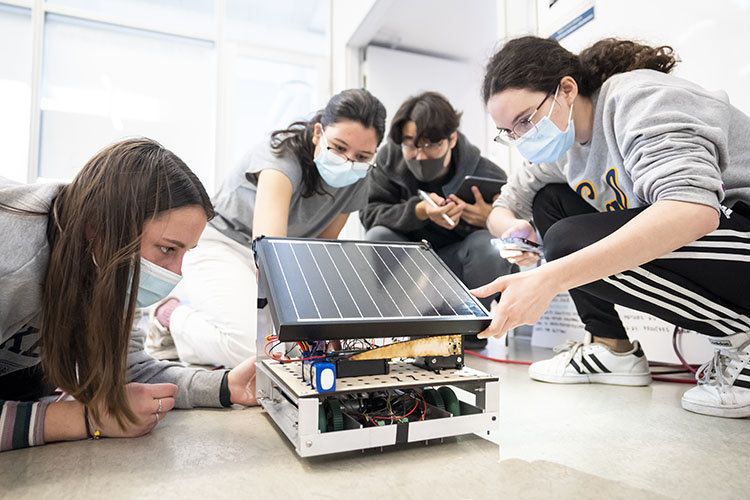
What Is Experiential Learning?
Experiential Learning is simply “learning by doing”. It lies at the intersection of theory and practice, providing participants a means of acquiring and applying knowledge. Learning is deepened through intentionality, reflection, and conceptualization which is practiced throughout the experience and reverberates far into the future. Experiential learning can occur in almost any setting and through a wide variety of activities. You’ll find the most value in well-structured programs such as internships and externships that are designed to build specific skills, competencies, knowledge, and professional networks.
Benefits of Experiential Learning
Through experiential learning, you can:
- Acquire and apply knowledge to real-world situations;
- Acquire, and strengthen, valuable skills;
- Experience various work environments and develop as a professional
- Reality-test career interests;
- Gain experience that employers look for in candidates;
- Meet and work with professionals to establish a network and references;
- Earn money for tuition and expenses.
Some Ways Of Obtaining Experiential Learning
- Internships
- Externships/Job Shadowing
- Work Study
- Fellowships
- Research
- Independent Projects
- Co-Ops
- Volunteering
- Employer Challenges & Case Study Competitions
- Professional Work Simulations